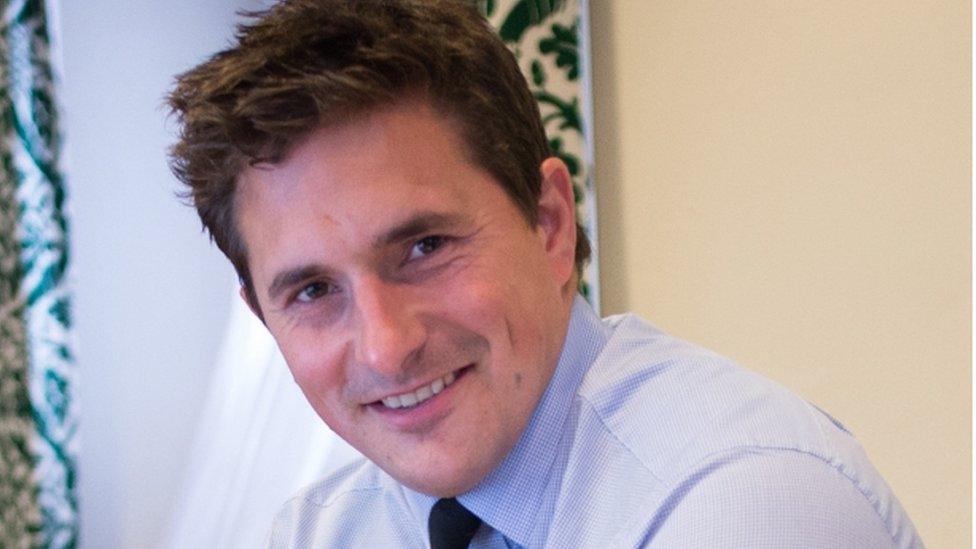MPs to debate immunity for Northern Ireland veterans
- Published
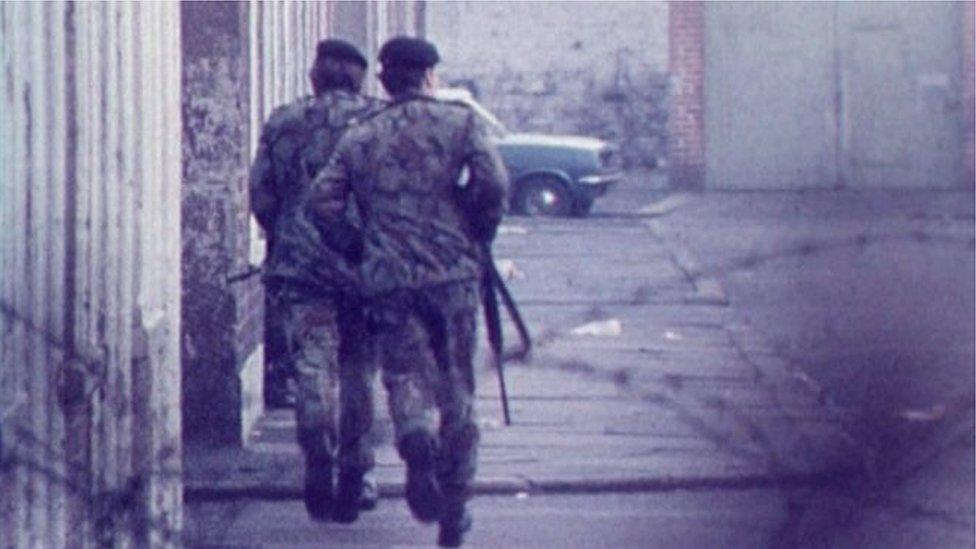
A petition calling for soldiers who served in Northern Ireland to be immune from prosecution will be debated by MPs amid reports No 10 has vetoed calls for legislation to protect veterans.
Several Tory MPs are expected to urge an end to what they say are "abhorrent" proceedings against elderly veterans.
The petition says criminal probes into historical incidents should be outlawed "after a certain period of time".
Ministers are consulting on how to deal with "legacy" cases fairly.
Some victims' groups and politicians in Northern Ireland believe that no-one should be above the law.
Six former soldiers are currently facing prosecution over Troubles-era killings, although not all the charges are murder.
They include Soldier F, who is facing murder charges over the killing of two people - James Wray and William McKinney - on Bloody Sunday in Londonderry in 1972.
There has been increasing political controversy over the extent to which soldiers accused of crimes in the line of duty in Northern Ireland should be investigated.

Veterans protested against historical prosecutions in several UK cities on Saturday
Tory MP and ex-soldier Johnny Mercer, who served in Northern Ireland, has withdrawn his support from the government over the issue and called for legislation to limit the scope for further prosecutions.
The petition being debated on Monday, launched by Karen Webb-James, urges the authorities not to "prosecute the military for its work in Northern Ireland".
The document, which has obtained more than 146,000 signatures, calls for a statute of limitations on prosecutions although it does not specify at what point this should apply.
Any petition with more than 100,000 signatories has to be considered for debate in Westminster Hall - the secondary debating chamber in the Commons.
'Endless chase'
Mr Mercer told Sky News that due legal process had to be followed but the "endless chase of people to their graves" did not represent justice.
He suggested unconfirmed reports in the Sunday Telegraph that the Theresa May had personally blocked legislation giving greater protection to veterans was "devastating".
While he did not support a blanket amnesty or statute of limitations, he said a presumption against prosecution after 10 years, with a higher evidential threshold, was reasonable.
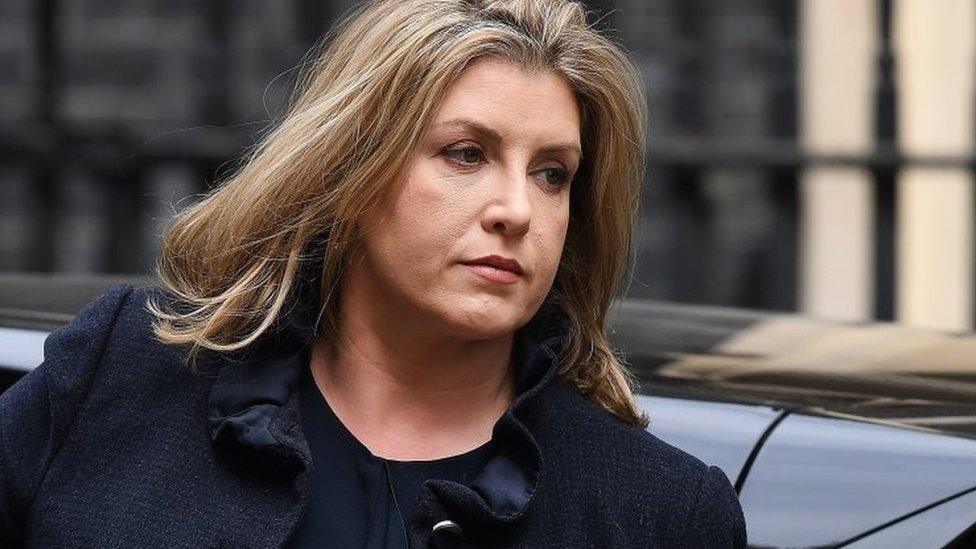
Defence Secretary Penny Mordaunt said service personnel should not be "victims of unfounded allegations"
The government announced last week that soldiers and veterans will be given stronger legal protections against prosecution for alleged offences committed in action abroad.
This would not apply to alleged offences in Northern Ireland although Defence Secretary Penny Mordaunt said she wanted to end the "chilling effect" of repeated prosecutions.
Defence minister Tobias Ellwood said legacy cases had not been handled in the best way but the government had to act within the law.
"You can't give an amnesty just to armed forces personnel, you'd have to share that with terrorists as well," he told Sky News. "[Mrs May] was unwilling to do that. That's international law. That's what we have to abide by."
The Public Prosecution Service in Northern Ireland said that of 26 so-called legacy cases it has taken decisions on since 2011, 13 related to republicans, eight to loyalists, and five are connected to the Army.
Sinn Féin has insisted said there could be "no immunity or impunity" for British forces "guilty of crime, collusion and murder in Ireland".
In its formal response to the petition last month, the Northern Ireland Office said no-one could be immune from prosecution, however long ago the alleged offences took place.
"Where there is evidence of wrongdoing it is right that this should be investigated and, where the evidence exists, for prosecutions to follow," it said.
In response to the Sunday Telegraph story, it said the outcome of the consultation into the current system would be announced as soon as possible.
- Published9 May 2019
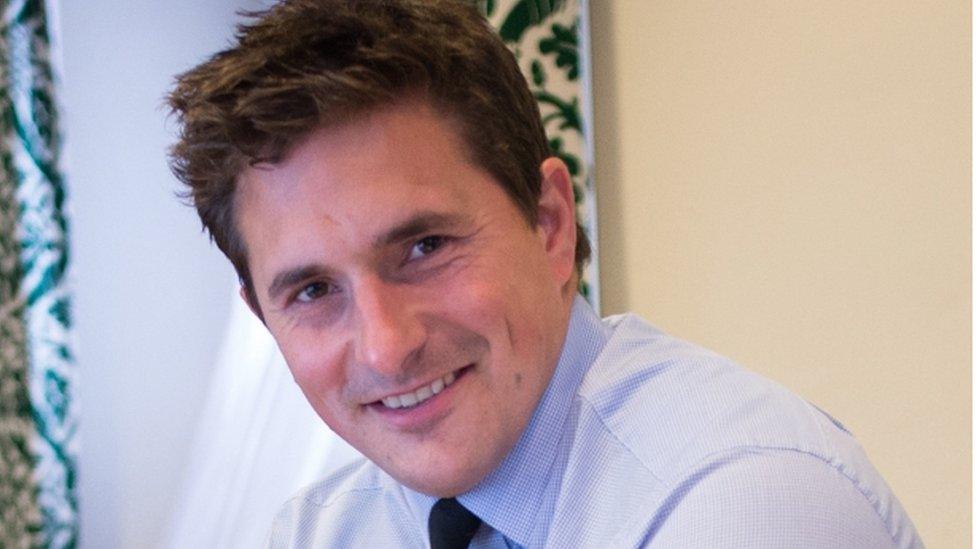
- Published6 March 2019
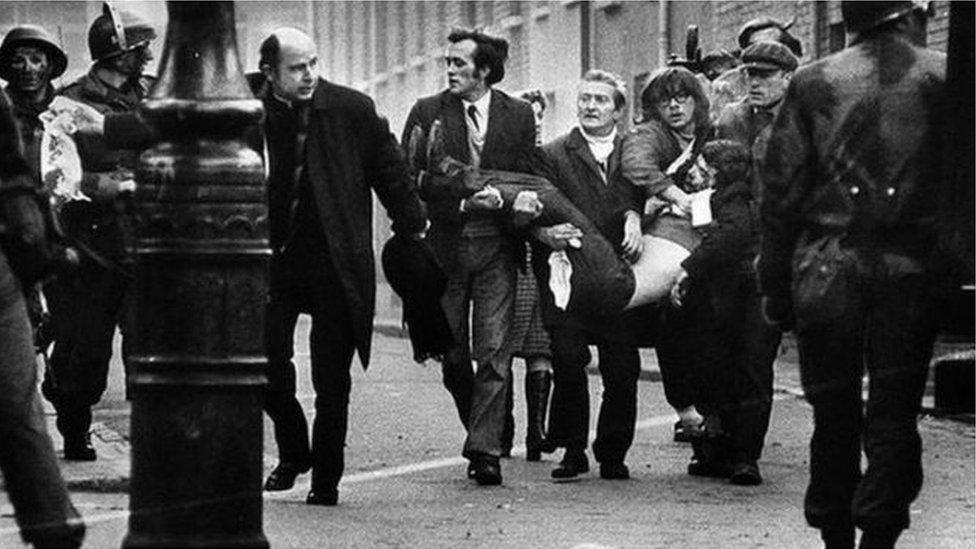
- Published27 April 2019
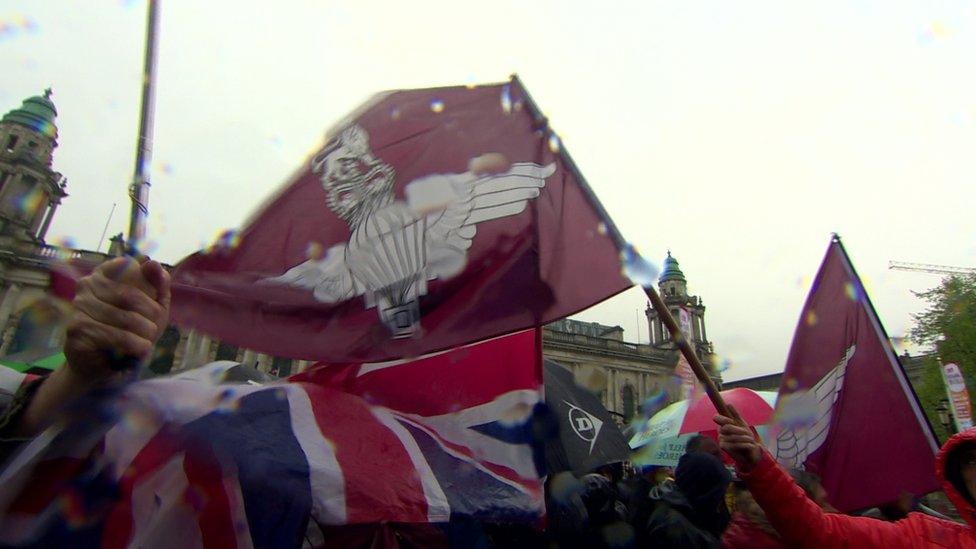
- Published19 October 2018
